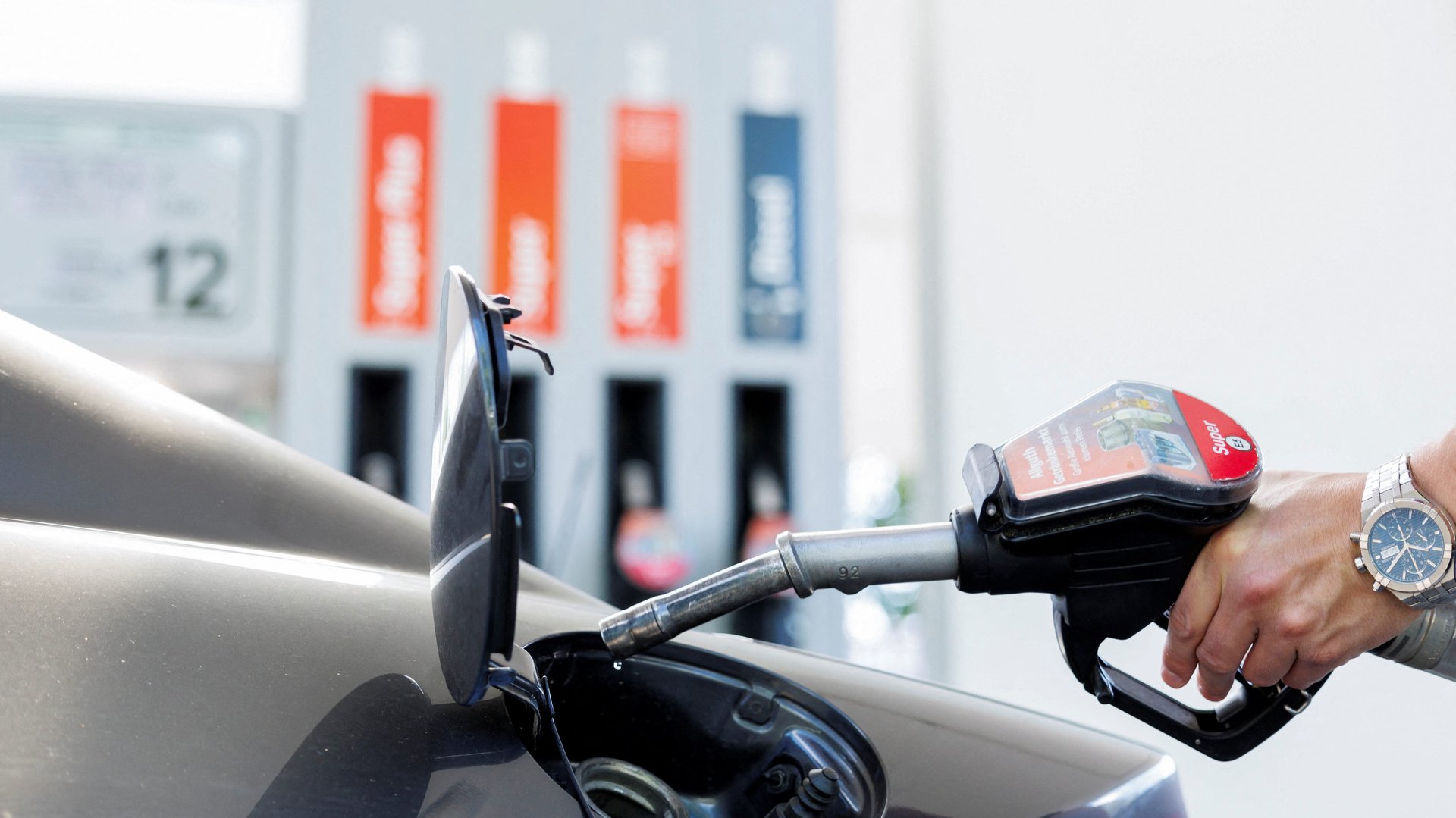Cutting gas taxes is the wrong fix for high gas prices
Starting today (June 1), drivers in New York state will not pay state taxes on gasoline until the end of 2022, state officials announced. The state is joining at least three others that have cut taxes to provide relief from record-high gas prices, brought on by turmoil in the global oil market caused by the war in Ukraine.


Starting today (June 1), drivers in New York state will not pay state taxes on gasoline until the end of 2022, state officials announced. The state is joining at least three others that have cut taxes to provide relief from record-high gas prices, brought on by turmoil in the global oil market caused by the war in Ukraine.
But gas tax “holidays” likely won’t have their stated impact. They work better as a way for politicians to assuage disgruntled voters than as a real solution to high gas prices.
First, the tax breaks won’t save drivers that much money. The tax in New York is $0.16 per gallon (on top of the gas price and the federal tax of about $0.18, approximately $4.60). A study published in March by economists at the University of Pennsylvania found that eliminating the federal gas tax would save the average driver about $47 by the end of the year—at a cost of about $20 billion to federal tax revenue. High gas prices may be annoying, but for most households they constitute a much smaller share of spending than in the past. Oil consumption per unit of GDP has fallen by about half since the 1970s, and gas prices today are equivalent to about 12% of the average US worker’s hourly earnings, according to Moody’s.
Eliminating gas taxes will leave drivers more exposed to future price shocks
During the oil import crisis of the 1970s, the US implemented a number of measures aimed at reducing oil demand, including increased taxes, lower speed limits, and higher fuel efficiency standards for cars. Once the underlying political causes of that crisis were resolved, support for those measures evaporated, and demand went right back up. The lesson for the current context is that high oil prices lead to oil-saving innovations and consumer purchasing decisions that leave drivers less vulnerable to future price shocks. Electric vehicles, for example, are now cheaper to drive per mile than many common gas-fueled cars. Artificially depressing prices will only slow the transition away from oil.
With Russian oil out of the picture, most OPEC countries already running at full capacity, and US drillers investing more in paying dividends to shareholders than in pumping more oil, there’s not much a politician in any state can do to quickly or dramatically lower gas prices. Instead, they should focus on using energy tax revenue to subsidize public transit and electric vehicle purchases, and provide targeted relief for low-income households that are suffering the most from high gas prices.